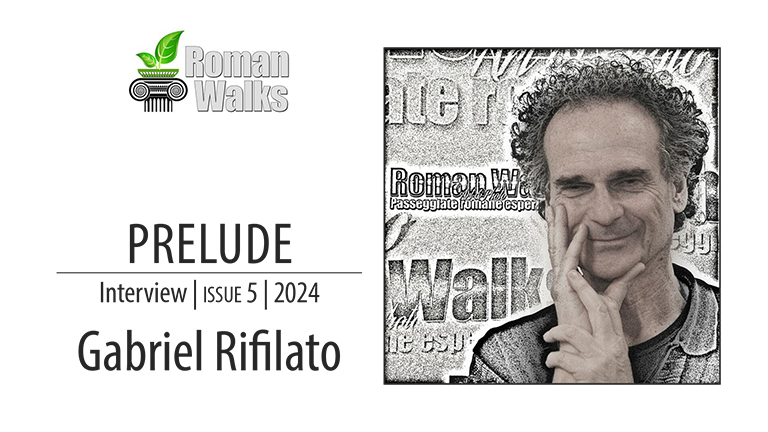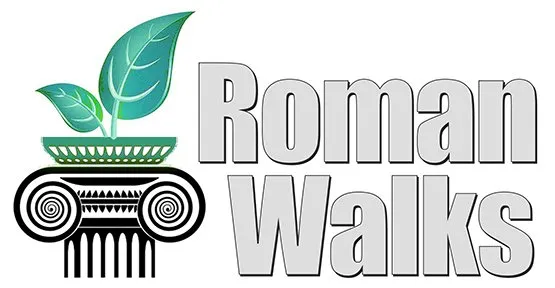Umberto Galimberti writes in his essay The Ethics of the Wayfarer in 2023: The traveler has in view only the destination and therefore does not know the interval between the beginning and the end. For the one who wants to arrive, the lands he crosses do not exist. Only the destination matters. The traveler travels to “arrive,” not to “travel.” With the journey dies the experience that the way unfolds to the traveler, who knows how to inhabit the landscape and, at the same time, to the landscape knows how to say goodbye. As the wayfarers that we are, we authors of Roman Walks Interview, tell you in this issue of our magazine about the meeting we had with Tullio and Antonio Pelosi: father and son owners of a small chain of hotels in Rome in which the traveler will find the reassuring comfort and elegance he is looking for, but where the wayfarer will discover instead the familiar hospitality of the people, the social devotion, the accuracy and artistic flavor of the environments in which he stays. Unlike the traveler, Umberto Galimberti continues in his essay, who, even when he travels, never leaves his habitual world and thus his habits, the wayfarer invites us to expose ourselves to the unusual where it is possible to discover, but only for a night or a day, how the sky spreads over that land, how the night unfolds unknown constellations in the sky, how religion adorns hopes, how tradition makes people, solitude makes desert, the inscription makes history, the river makes bight, the earth makes furrow, in that rapid sequence by which the experiences of the world succeed one another that elude any attempt to fix them and arrange them in orderly succession, because, beyond any oriented project, the wayfarer knows that totality is elusive, that nonmeaning contaminates sense, that the possible exceeds the real, and that any project that attempts total understanding and embrace is folly. We are freer than primitive humans because we have more playing fields in which to insert ourselves. But in the habituation with which we use tools and services that shorten space, speed up time, soothe pain, nullify the norms on which all morals have been chiseled, we risk not asking ourselves whether our way of being men, is not too ancient to inhabit the age of technology. In conclusion, gentle readers, we invite you to consider (if it is not already part of your lifestyle), Umberto Galimberti’s reflections for the next journeys you will face. Also a bit to improve our “way of being men,” to get better acquainted with the people we will meet. Like Tullio and Antonio Pelosi. Becoming wayfarers and freeing ourselves from the destination means abandoning ourselves to the current of life, Umberto Galimberti concludes: no longer spectators, but navigators and, in some cases, castaways.



